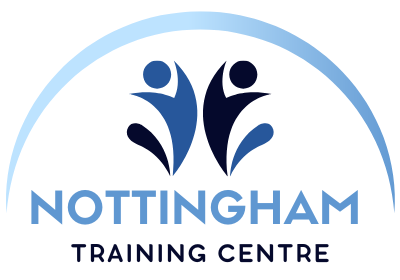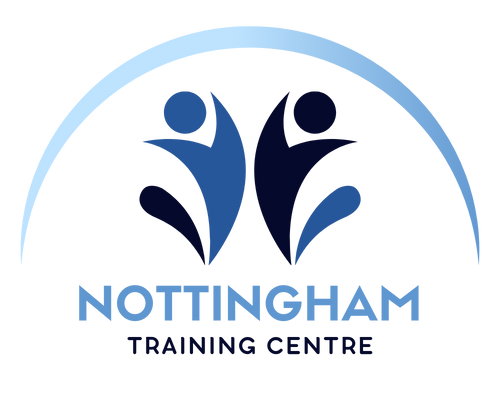Pathways For All
Pathways for All is a collaborative program between Right to Succeed, Blackpool Opportunity Area, and Educational Diversity. It is designed to support young people identified as most at risk of becoming NEET (Not in Education, Employment, or Training), focusing on the critical post-16 transition period where dropout rates are at their highest.
What is Pathways for All?
Pathways for All is a research-driven, collective impact initiative aimed at reducing the number of vulnerable young learners who become NEET. The program brings together schools, colleges, and training providers to offer targeted support to those most at risk. By working with partners such as Blackpool and Fylde College, the Pupil Referral Unit, and Educational Diversity, the program ensures a robust, coordinated approach to keeping young people engaged in education, training, or employment.
How the Program Works
Early Identification
Program partners share data to identify young people most at risk of becoming NEET. This allows the program to determine specific risk periods, with evidence showing that the first six months of post-16 education are particularly critical.Engagement Coaches
At-risk students are assigned dedicated Engagement Coaches, who build relationships with them starting in Year 11 and continue to offer support through Year 12 and beyond. This proactive engagement ensures students are supported before their risk of dropping out becomes significant.Targeted Support
Engagement Coaches provide personalized assistance through a mix of:- One-on-one coaching sessions
- Group activities
- Visits to colleges or other post-16 providers
- Career visioning and planning exercises
Support is tailored to the unique needs of each student, helping them navigate challenges and develop the skills needed to stay engaged in education, employment, or training.
Flexible and Sustained Assistance
The intensity of support varies based on the individual’s needs, pastoral resources, and the level of risk they face. Engagement Coaches also play a vital role on results day, providing immediate guidance as students receive their outcomes.
What Do Engagement Coaches Do?
Engagement Coaches work with students through approximately five contact sessions per term. These sessions are designed to:
- Build relationships and understand the young person’s goals and challenges.
- Provide individual and group coaching to develop essential skills and confidence.
- Facilitate visits to colleges or post-16 training providers.
- Offer tailored advice on education, employment, and training opportunities.
Through these activities, Engagement Coaches empower young people to take positive steps toward their future while addressing any barriers they may face.
Why Does NEET Status Matter?
NEET refers to young people aged 16–24 who are Not in Education, Employment, or Training. Those who remain NEET for extended periods are more likely to face long-term challenges, including:
- Reduced opportunities for stable employment.
- Lower economic and social mobility.
- Higher risks of mental health issues and social exclusion.
Young people in areas impacted by poverty are disproportionately affected, making targeted interventions like Pathways for All essential to breaking the cycle of disadvantage.
Impact of the Program
For the 2020 cohort, the program supported 144 young people identified as high-risk NEET candidates from the pupil referral unit and two secondary schools.
Outcomes by December 2020:
- 70% were engaged in some form of education, training, or employment (EET).
- 15% were actively working with their Engagement Coaches to transition into EET opportunities.
- 9% required additional mental health or specialist support to prepare for future engagement.
One Engagement Coach reflected:
“Applying for college with two students with cerebral palsy was incredibly rewarding. Seeing their smiles and relief after completing their applications was a reminder of why this work matters.”
Pathways for All is committed to ensuring that every young person has the opportunity to build a brighter future. By addressing the barriers to education and employment, the program is creating a pathway toward resilience, independence, and success for vulnerable learners.

